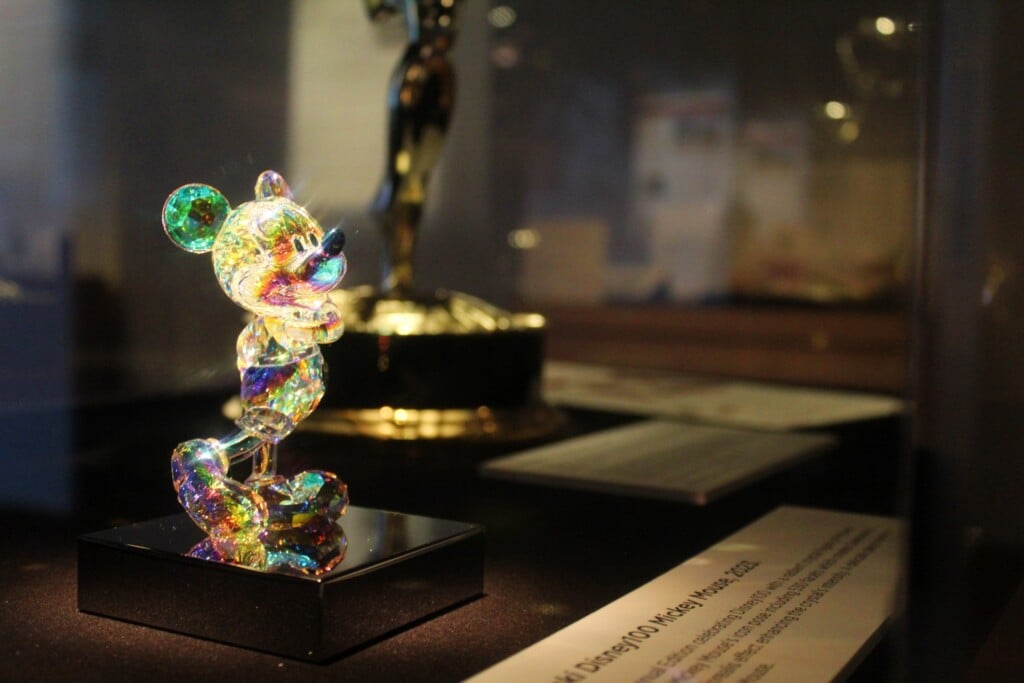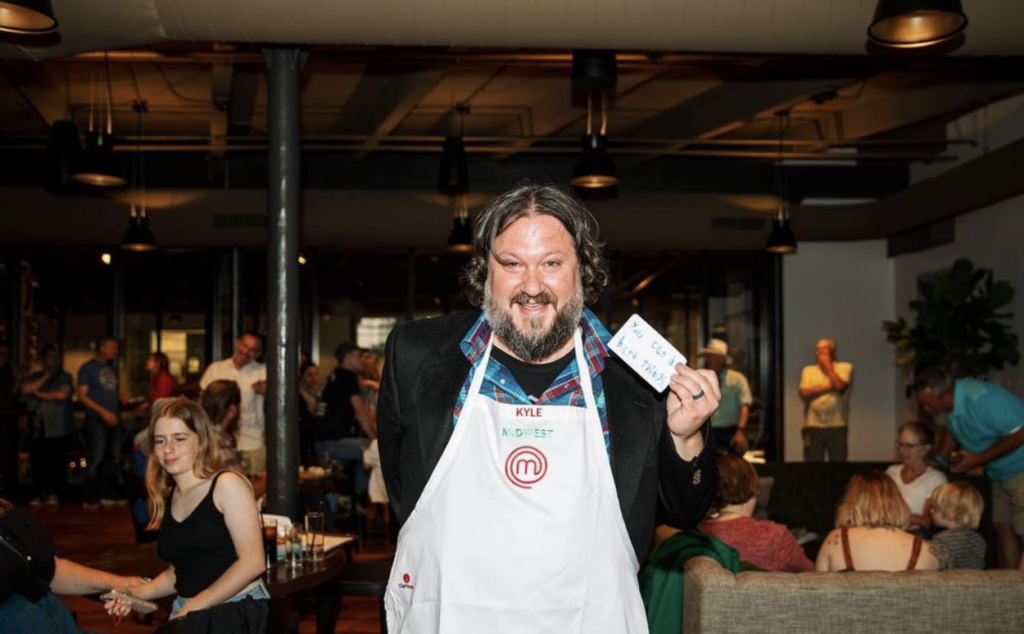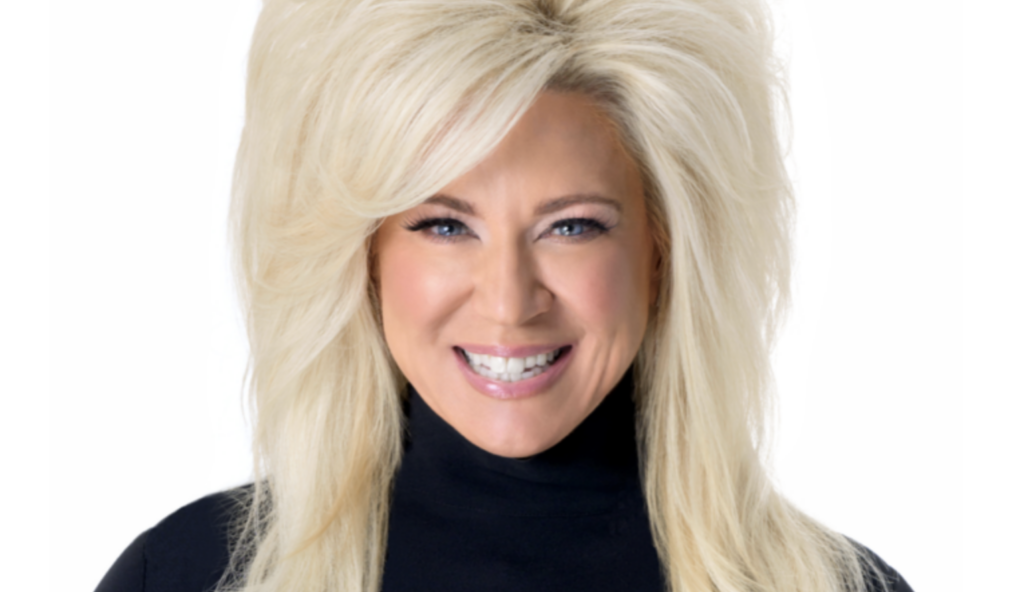Teen Trauma
I’m sure something happened in the 1950s besides Hula-Hoops and Marilyn and white kids sucking Coke through straws, but our digitized, collective memory seems to offer little else. Fifty years from now, what images will evoke today? Starbucks and SUVs? American Idol and rampant obesity? Men, alone, slumped before computers with their hands in their pants?
One thing that won’t: People going to plays. And certainly not people going to plays four centuries old and lugging along their own chairs for the privilege.
That might be the real excitement of the annual Heart of America Shakespeare Festival: 21st-century people thronging to the park all summer long to sit for hours and dig on Elizabethan poetry, as if this were still a perfectly reasonable thing to do — thousands striking a blow against the zeitgeist.
Shakespeare in Southmoreland Park has become such a tradition that it’s more event than play, and I suspect that for many picnickers, the quality of the show is irrelevant. At times during last year’s Henry V, my companions looked as blissed-out and uncomprehending as my cat does when she stares into the air conditioner. For all its martial clatter, it wasn’t a production to study or feel. It was a thing to look at and drift with.
The crowd at this year’s Romeo and Juliet seems significantly more engaged. No surprise given that this story — of a girl, a boy, and a friar who fancies himself an anesthesiologist — is in the very bones of the culture, whereas Henry V is mostly confined to the bones of English department chairs. Instead of British history, we get beautiful young actors voicing the greatest love poetry in the language, and the sense of relief is palpable. Scanning the crowd, I saw few people with their homework faces on.
Still, people are sometimes confused. Director Sidonie Garrett takes some chances, including one doozy. She and Nathan Darrow, who stars as Romeo, have dared to un-DiCaprio Romeo. This Romeo is a whiny, horny kid, the kind you’d find in chat rooms or Pizza Huts, who feels everything at once and all of it too hard. Kids like this always mistake today’s emotions for eternal feeling.
The result? Our Romeo’s a dork. Though this is bound to disappoint those who expect their brooding lovers to be dashing, it’s right in line with the text. Garrett emphasizes his mopey streak with wit, drawing our attention to quips such as Mercutio’s “Is not this better than groaning for love?” and the friar’s unforgettable description, applicable to all weepy youth: Romeo is “with his own tears made drunk.”
That Darrow sulks instead of smolders is no problem in concept. He is, after all, one of Kansas City’s best young actors, fresh off a tour de force performance in the Unicorn’s Iron Kisses. With Shakespeare, though, his diction grates my ears. To capture Romeo’s excitability, he sometimes jumbles the words into a rapid mush; more often, he gets mired in his long vowels. In the balcony scene, he draws out words such as dream and bird for many unmelodious syllables. Later, after a buck-up speech from the friar, he moans out such a quavery “How well my comfort is revived by this” that he could have been playing a ghost haunting Scrooge.
Still, Darrow has fine moments, especially when roughhousing with the boys. Jessiee Datino, as Juliet, glows and grows, moving from girl to woman to corpse with tender clarity. She speaks naturally, each word as crisp as a bite of apple, and her soliloquies earn justified applause. She sounds like someone thinking aloud, puzzling out her wild heart. We can chart her joy and pain by her voice alone.
There’s more good work throughout the cast. Kathleen Warfel is marvelous as Juliet’s nurse, dancing nimbly between comic flights and tragic wailing. As usual, David Fritts and Bruce Roach spout the verse as though their hearts beat in iamb. As Mercutio, Fritts spins his early speech about lovers and dreams into a highlight. Playing Friar Lawrence, Roach is simultaneously funny and dignified. He speaks with such flinty authority that he even manages to sell that whole thing about how faking your death will solve your relationship problems.
With the darkness comes the dark stuff, which is a relief after a sometimes muddled opening. After intermission, the show fairly gallops, hustling us toward each duel and death and burst of beautiful language. Whereas the sets have been stony and vined in recent years, rich in sophisticated romance, as if they’ve risen naturally out of Southmoreland Park, this Verona is a garish light-purple, the color of My Little Pony hair. It isn’t until late in the show — when the night takes hold and Marcus Abbott and Ward Everhart’s superior, shadowy lighting deepens the show — that a swoon feels possible.
By the end, with the bodies piled up and the night firmly entrenched, I’d almost forgotten that I was sitting in a park looking at a show. I was watching one, closely. This year, I felt it, almost enough to forget that this is not what the world is supposed to be like at all.




